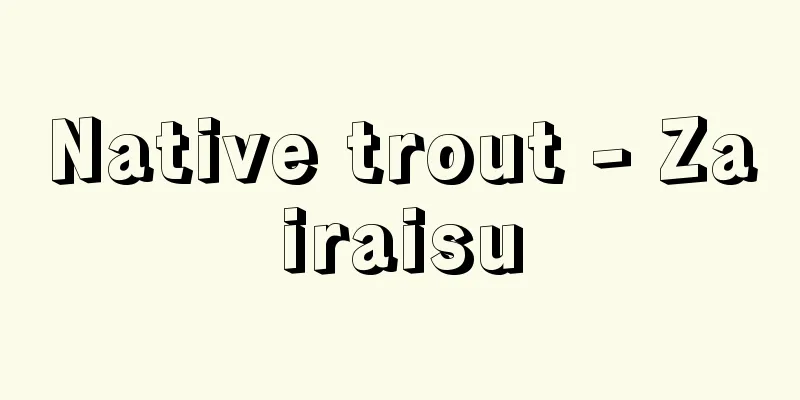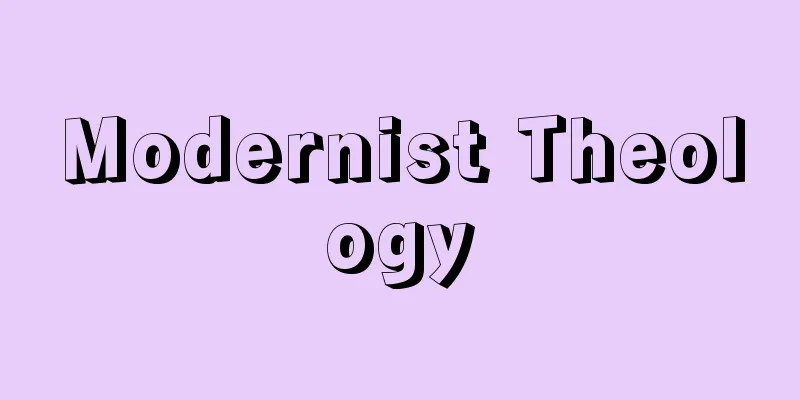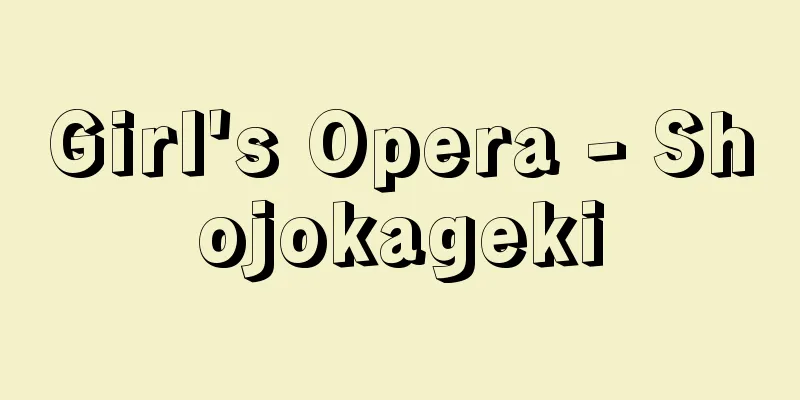Pleistocene - Pleistocene

|
〘noun〙 A division of geological time. It belongs to the Quaternary Period of the Cenozoic Era and refers to the period from about 1.7 million years ago to 10,000 years ago. The temperature on Earth fluctuated significantly, with four glacial periods and three interglacial periods, and is called the Ice Age. Mammals such as mammoths flourished, and the first humans appeared. Nowadays, the term Pleistocene is generally used. Latest epoch. Source: The Selected Edition of the Japanese Language Dictionary About the Selected Edition of the Japanese Language Dictionary Information |
|
〘名〙 地質時代の区分の一つ。新生代第四紀に属し、約一七〇万年前から一万年前までをいう。地球上の気温の高低が顕著で、四回の氷期と三回の間氷期が訪れ、氷河時代と呼ばれる。マンモスなどの哺乳類が栄え、はじめて人類が出現した。現在では、一般に更新世の語が用いられる。最新世。
出典 精選版 日本国語大辞典精選版 日本国語大辞典について 情報 |
<<: Alluvial plateau - Kosekidaichi
>>: Ore - Ore (English spelling)
Recommend
screenplay
...It is said that the first thing called a "...
Kanjincho - Kanjincho
Kabuki script. Historical piece. One act. Written...
Sumizo Ichikawa
Kabuki actor. There are seven generations. (1) 4th...
Water lettuce
…A floating aquatic plant of the Araceae family, ...
OECD - OECD
Organization for Economic Cooperation and Developm...
Bon Odori - Bon Dance
A group dance performed during the Obon festival. ...
third eyelid
…the third eyelid is a thin, transparent membrane...
Cone - Ensui
If there is a circumference c on plane α and a po...
Hodonin (English spelling)
…Downstream, it is navigable for about 130 km. Ci...
Hamakitajin - Hamakitajin
These fossil human bones were discovered in a cave...
Anti-Semitism
Anti-Semitism is also known as anti-Semitism. It i...
For-profit non-governmental organization - Eirihiseifusoshiki
…NGOs are international organizations with two ma...
Koto Yoka - Koto Yoka
It refers to the 8th of February and December. In ...
Akenokane - Bell of Dawn
Nagauta. The lyrics and composer, and the date of ...
Iltizām (English spelling)
The taxation contract system was implemented in Eg...









